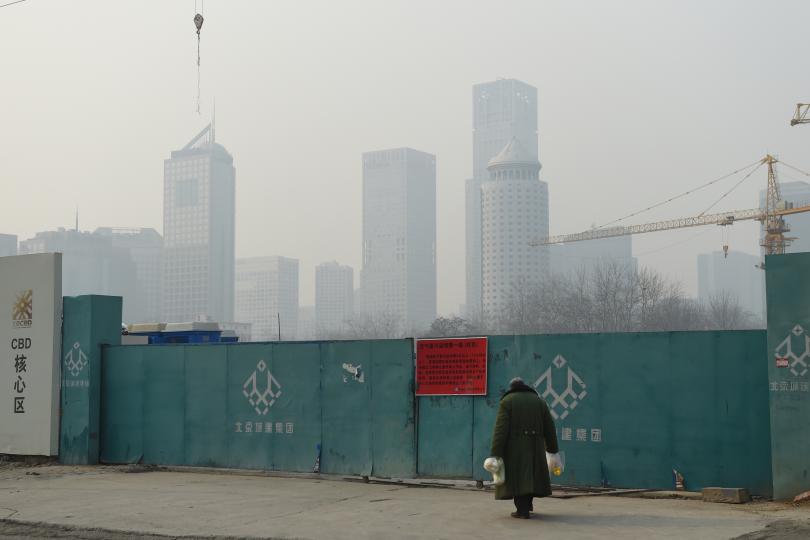Over the past few months, China has been engaged in a massive action against factories that are continually flouting emissions standards. In a new wave of closures, tens of thousands of non-compliant factories were temporarily shut down by safety inspectors as China grapples with the weighty problem of escalating pollution across the nation.
The campaign comes at a time when China announces its plans to dramatically cut its hazardous fine particulate matter (referred to as PM2.5) from the current 47 micrograms per cubic meter (as of 2016) down to 35 micrograms per cubic meter over the next two decades, by 2035.
The temporary closure of 80,000 factories, however, isn’t as sudden as it sounds. Over the past several months, the Ministry of Environment has been sending its safety inspectors to 30 provinces, and these factories were all either reprimanded or charged, or had their officials filed charges against. Many factories have already been shut down in recent months due to non-compliance with environmental laws.
The impact is severe. Some companies are even resorting to shifting production to Bangladesh and India to fulfill their orders. With 40% of the nation’s factories incapacitated by the closures so far, there’s little choice but to move overseas while the problem is resolved.
New enforcement will come with laws that impose new fees when factories go above their discharge limits. The activity is monitored in real time, which makes the system easier to implement on a large scale. The fines will be implemented by the tax bureaus, which reportedly treat violations severely using local enforcement.
The fallout of such a drastic step by China’s central government is the negative effect this will have on the economy, but many believe that it will only be temporary, while the big benefit is that companies using clean technologies will get a boost.
Of note is the fact that many of these factories are part of supply chains for retailers and manufacturers in the United States. That could put serious pressure on US companies to raise prices of popular consumer products during the upcoming holiday season, either due to shortage of availability or because of the cost of sourcing their supply needs from more expensive locations.
The move will have a much broader impact than just the US retail market, since many of the world’s developed economies typically use cheap Chinese labor as a way to boost their bottom lines.
Thanks for visiting. Please support 1redDrop on social media: Facebook | Twitter



